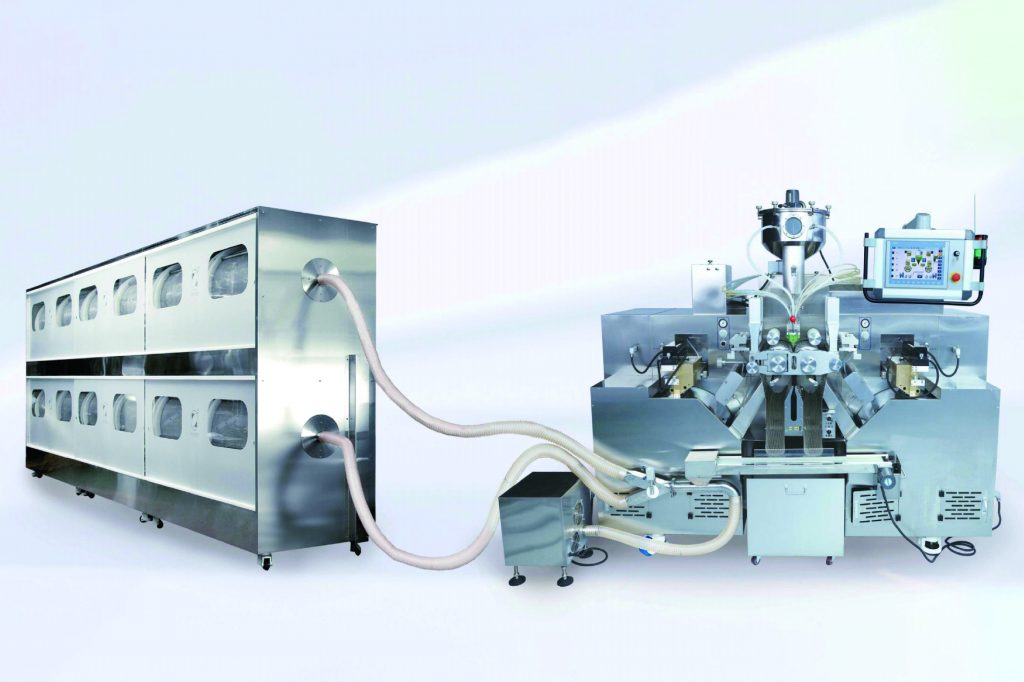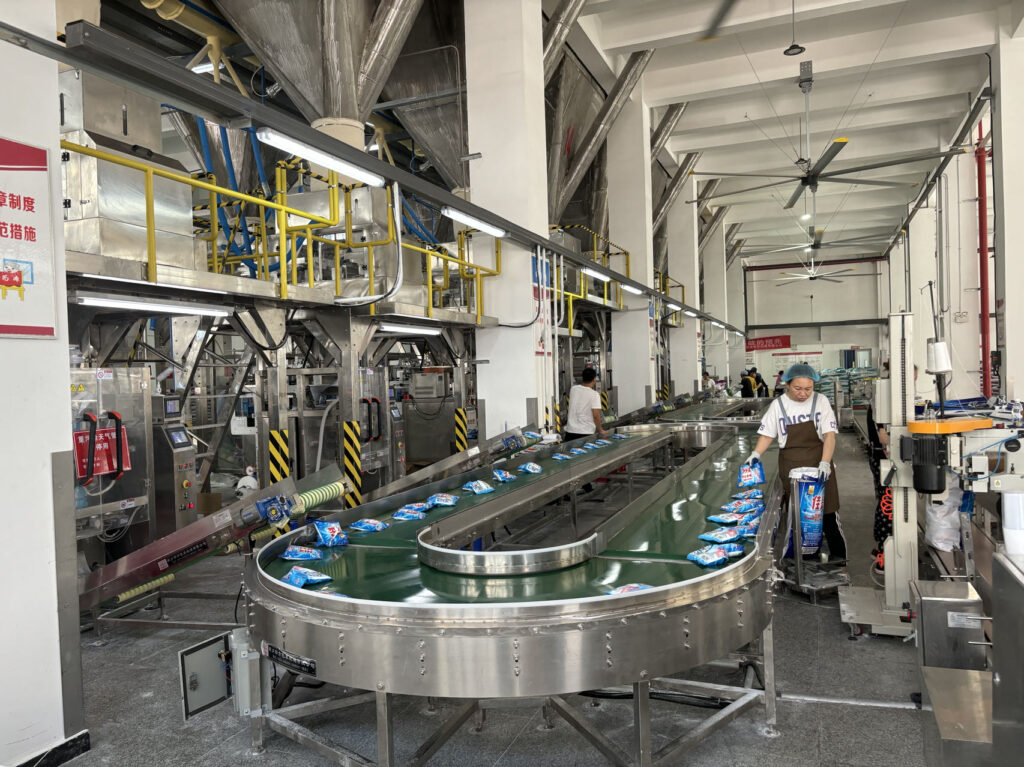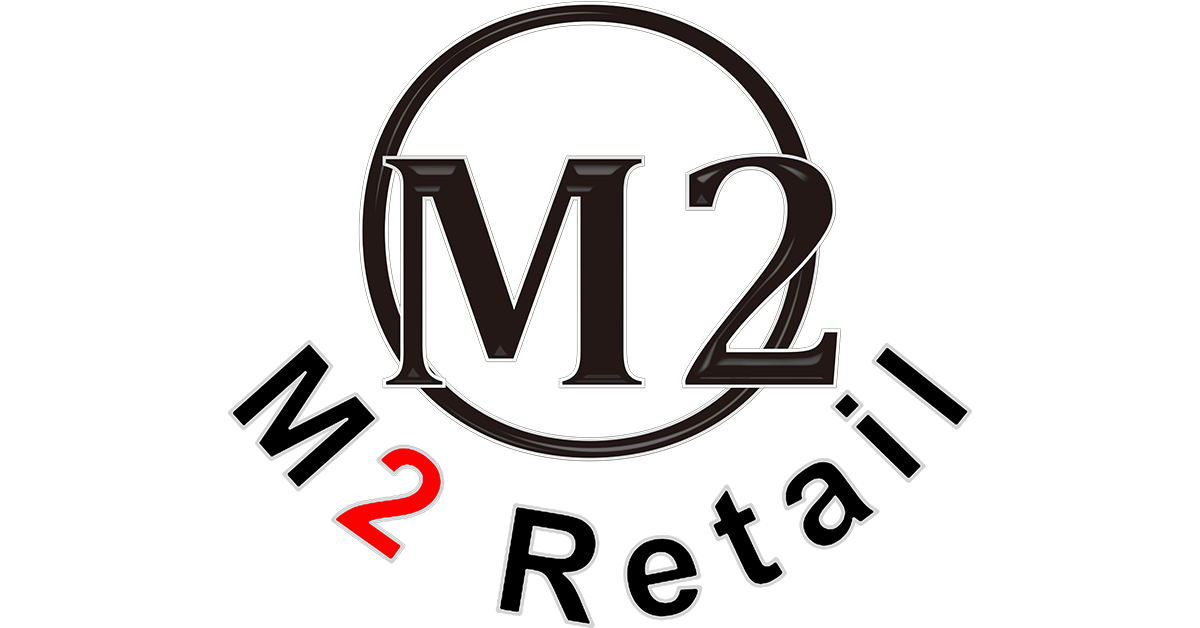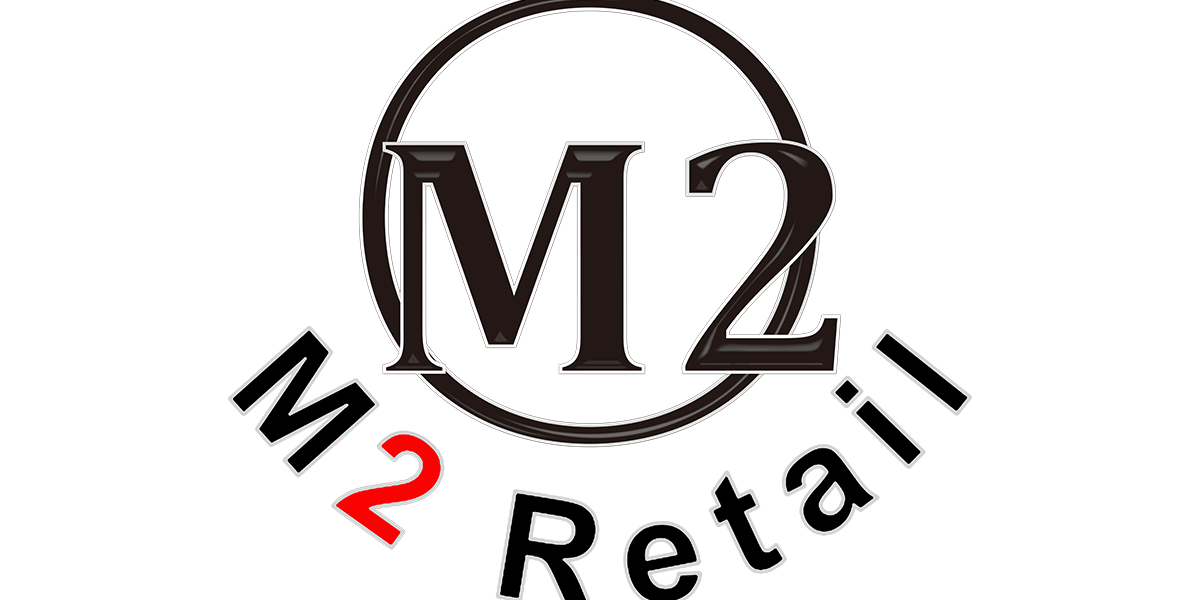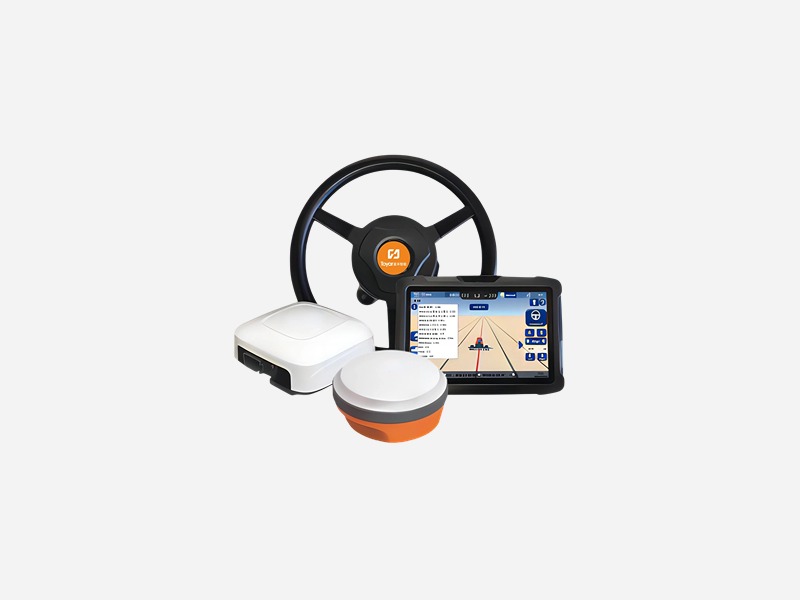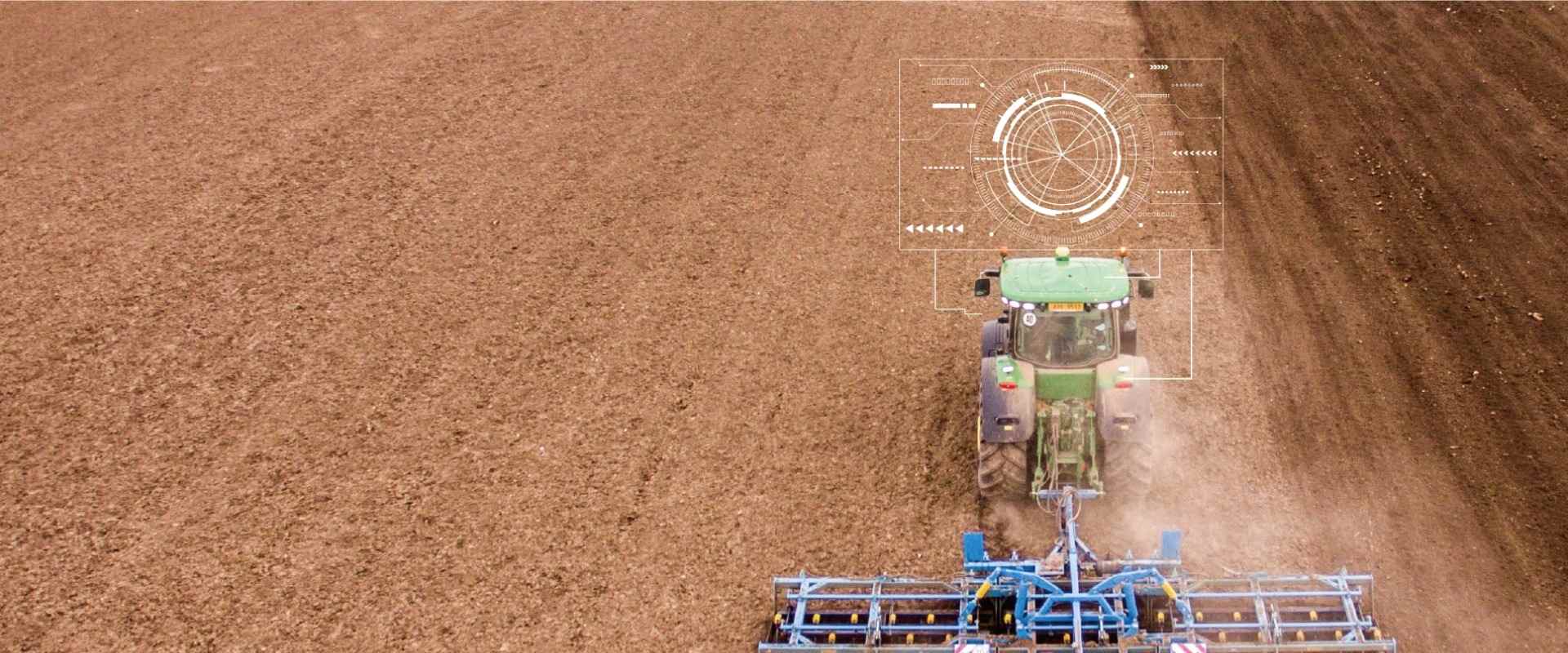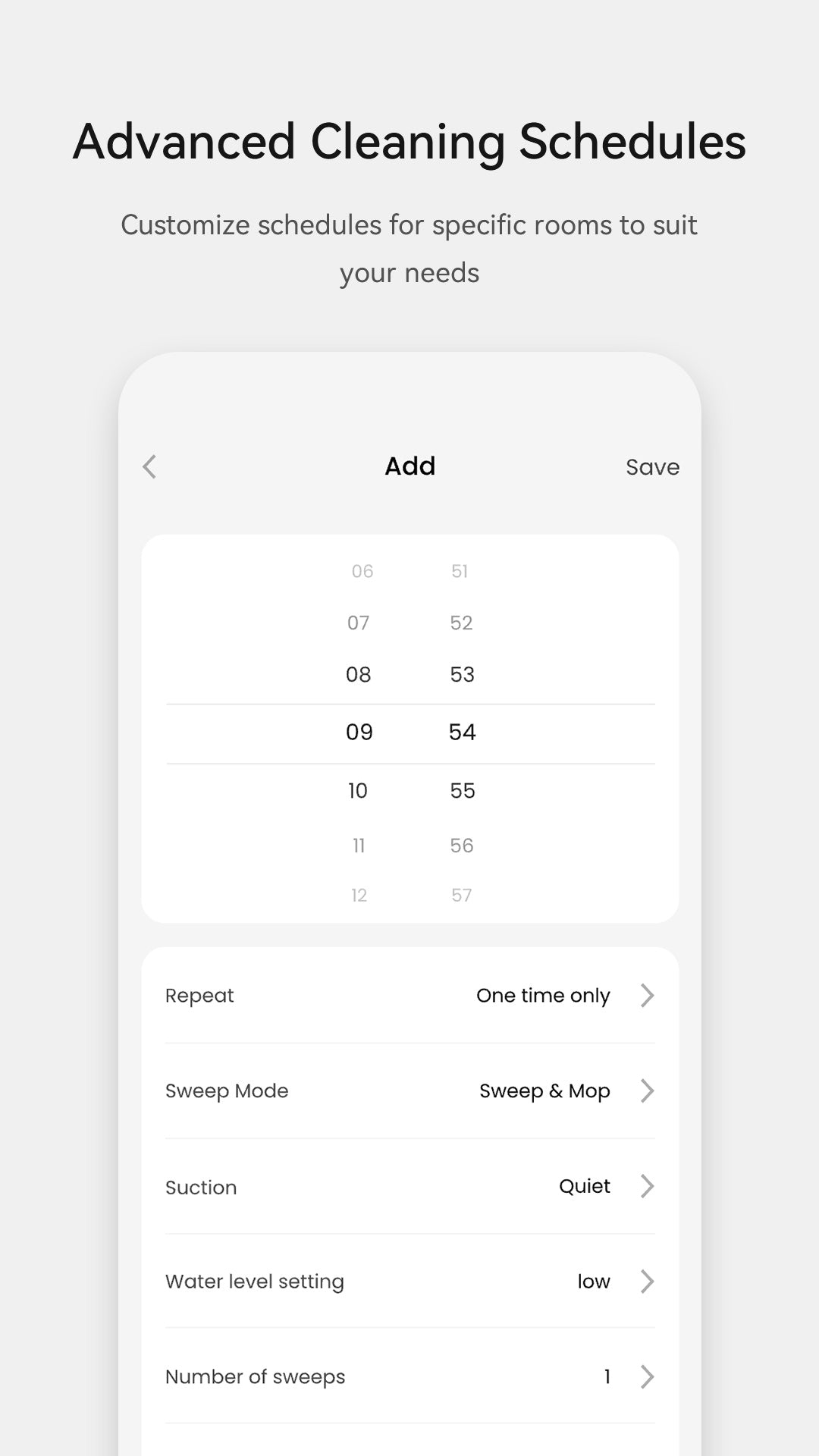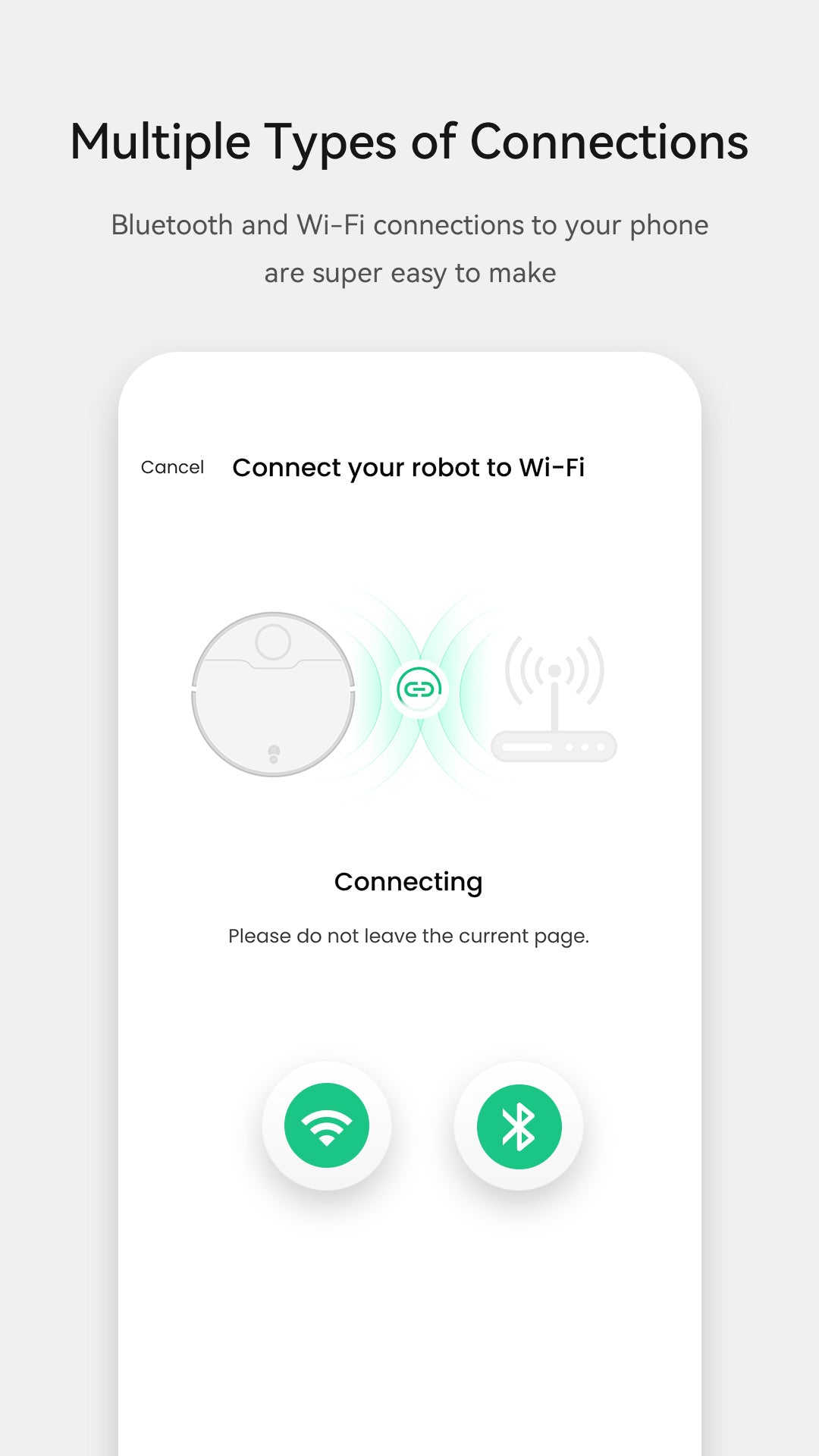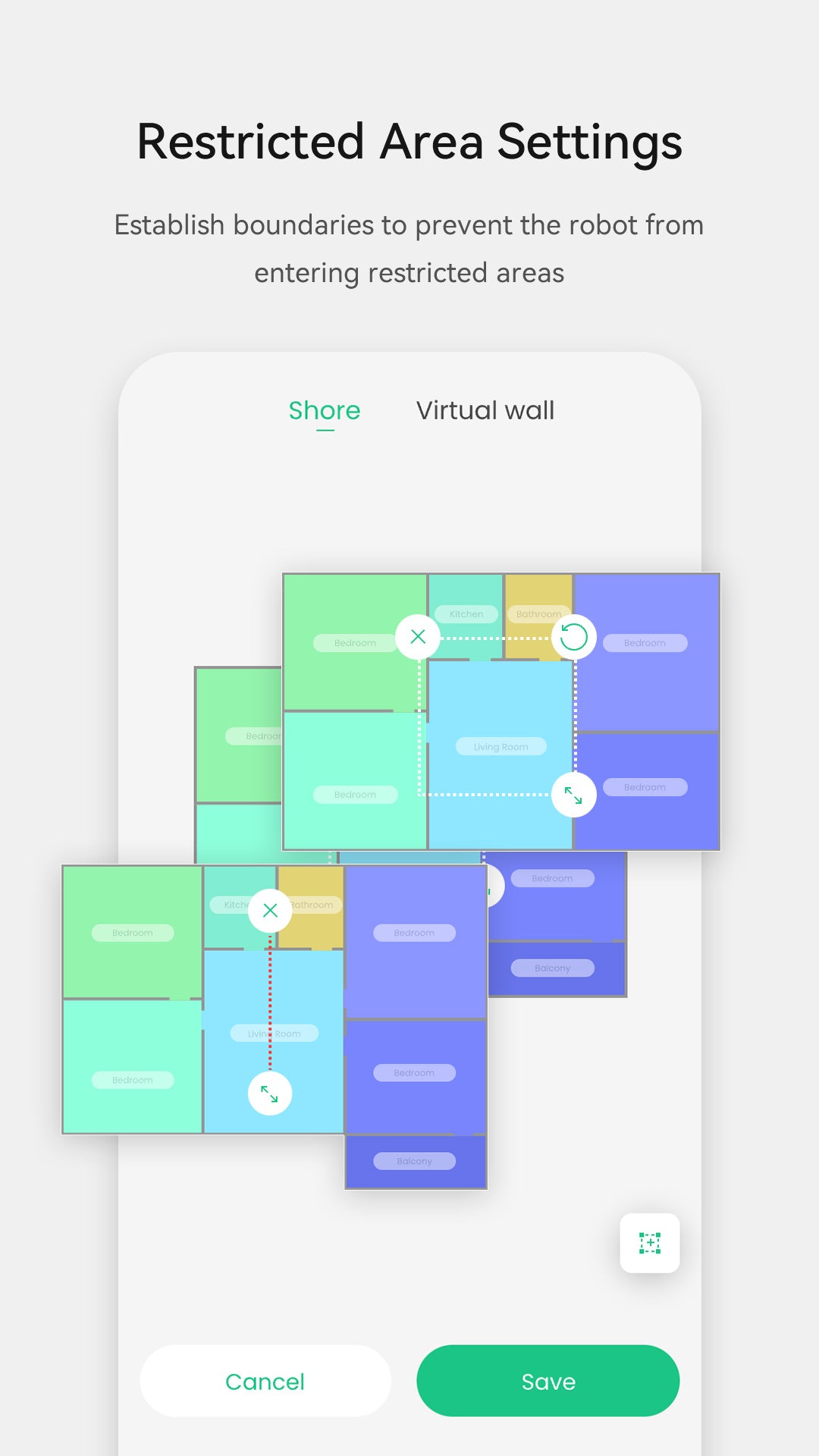Why Starfill is a Game Changer in Aesthetics
Starfill is redefining the beauty landscape with its innovative formulations. Whether you’re in the business of beauty or just looking to enhance your own aesthetic, incorporating starfill can elevate your results. Imagine achieving that smooth, youthful appearance thanks to a product that prioritizes safety and effectiveness. With its competitive edge in the market, Starfill provides a range of fillers that cater to diverse skin types and aesthetic goals. It’s like hitting the beauty jackpot—you can create stunning transformations that clients will absolutely adore.
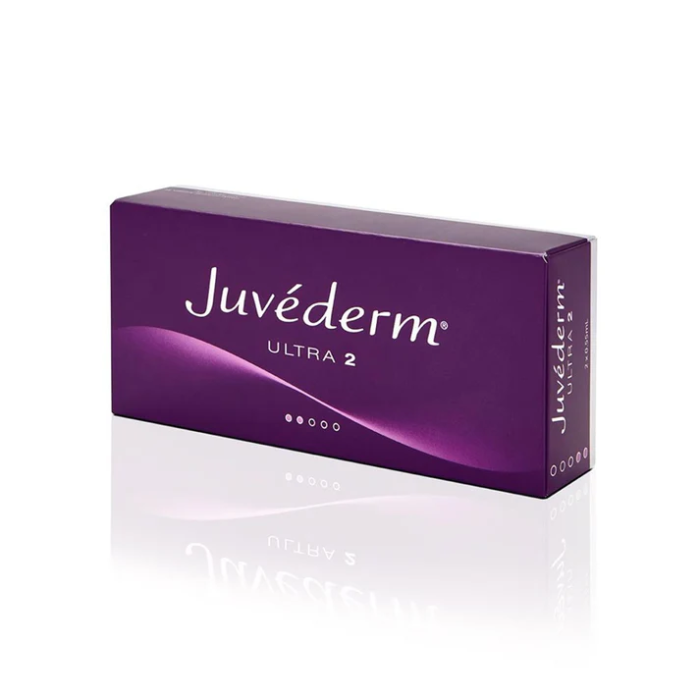
Explore Starfill Deep Plus: Your Secret Weapon
If you want to take your treatments further, look no further than starfill deep plus. This product is designed for those who want long-lasting results that stand the test of time. Perfect for deeper tissue volume restoration, Starfill Deep Plus fills in those tricky areas, ensuring you achieve the perfect contours. Real professionals are already swapping their traditional fillers for this game-changing product, highlighting its exceptional blend of elasticity and firmness. Get ready to impress your clients with results that last longer and look more natural than ever before!
Buying Starfill Online: Convenience at Your Fingertips
Ready to upgrade your beauty arsenal? You can buy starfill online easily and securely through trusted platforms. No more waiting in long lines or navigating through crowded stores. Just a few clicks, and you’re on your way to stocking up on this essential product. Plus, buying online often comes with exclusive discounts and promotions, ensuring you get the best bang for your buck. So, whether you’re replenishing your stock or trying it for the first time, this online solution makes it straightforward and hassle-free. Experience convenience while elevating your beauty game like never before!
Wrapping It Up: Why MJS Trading Limited Stands Out
In summary, when it comes to reliable aesthetics solutions, MJS Trading Limited is the name you can trust. With their endless supply advantages and an impressive catalog that includes MJS Trading Limited, you know you’re getting quality products that enhance beauty safely and effectively. They understand the needs of professionals and provide top-tier support, ensuring you have everything you require for success. So why wait? Jump on the starfill bandwagon and transform your aesthetic treatments today!
A Deeper Look into Starfill Deep Plus
Want to amplify your aesthetic offerings? Starfill Deep Plus can do just that! This innovative filler is perfect for volumizing and restoring youthful contours. With its rich hyaluronic acid composition, the product appeals to both medical professionals and clients alike. Designed for density and longevity, it promises improved skin hydration and natural-looking results. Professionals rave about its versatility; whether you’re tackling nasolabial folds or enhancing cheek volume, Starfill Deep Plus adapts beautifully. It’s formulated for easy integration, making it an ideal choice for seasoned practitioners and newcomers alike. Don’t miss out on the trend—integrate Starfill Deep Plus into your services and watch client satisfaction soar!
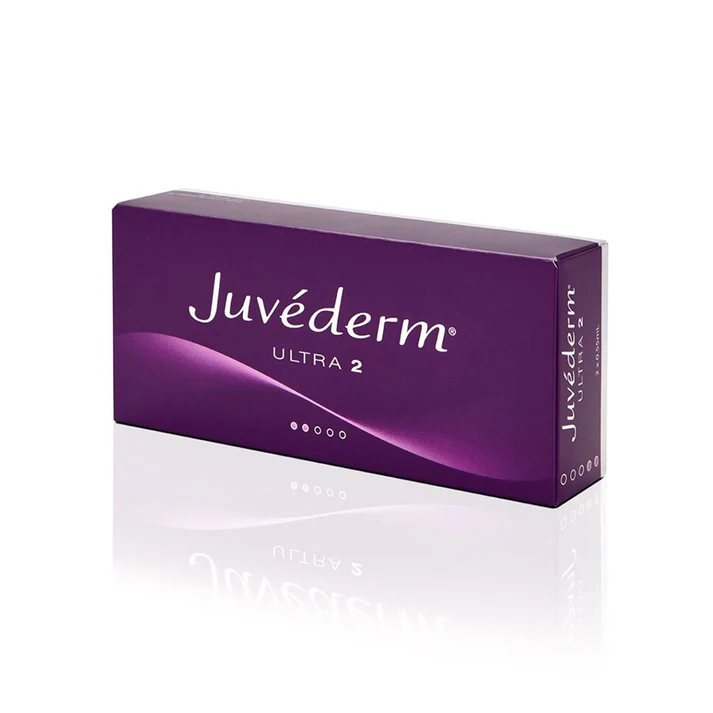
Buying Starfill Online: The Smart Way
Purchasing products like Starfill online has never been easier or more secure! Trustworthy platforms provide comprehensive product descriptions, reviews, and secure payment options, ensuring your shopping experience is both pleasant and reliable. When you buy starfill online, you also gain access to promotions that can enhance your profitability. Think about it—no more navigating through busy stores! Everything you need is just a click away. As a busy professional, time is money, and convenience translates to efficiency in practice. So take advantage of online shopping and stock up on all the essential products you need for exceptional results!
